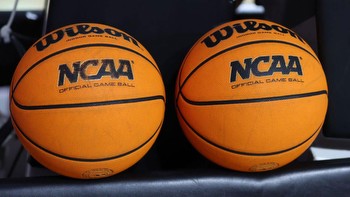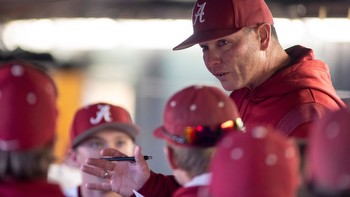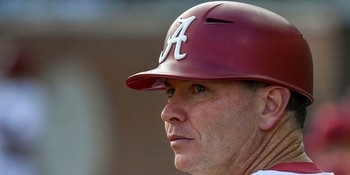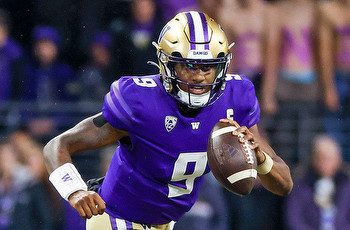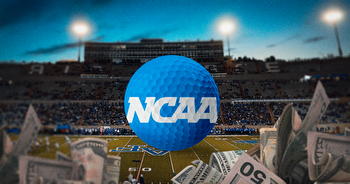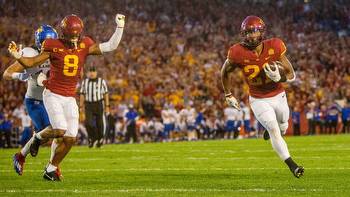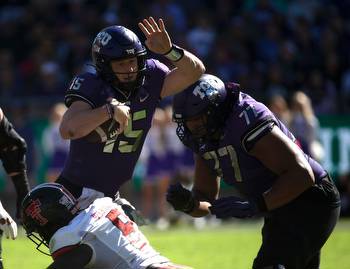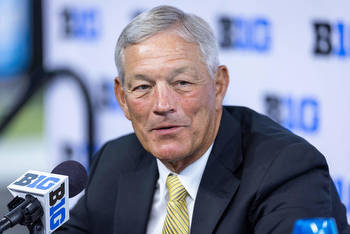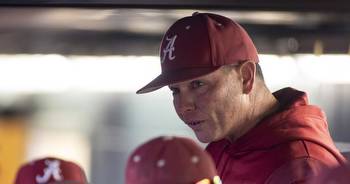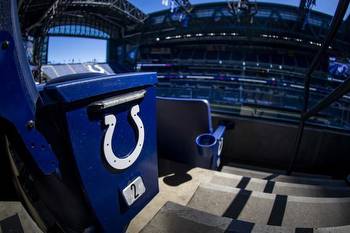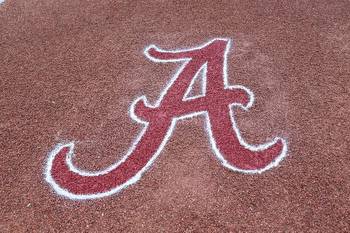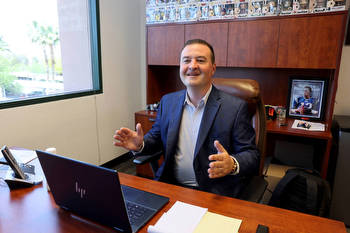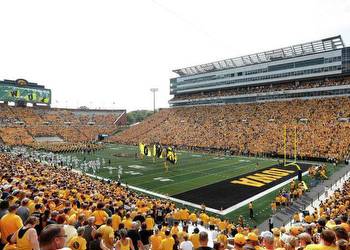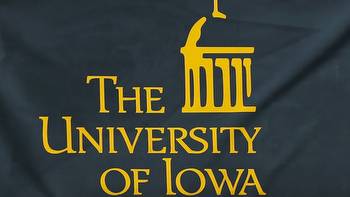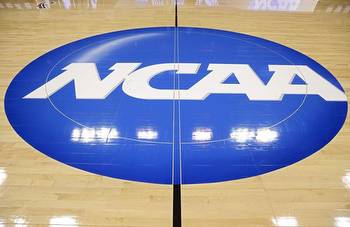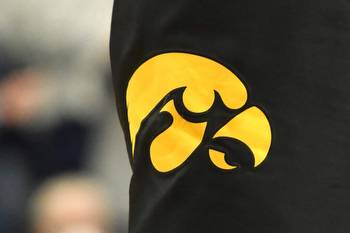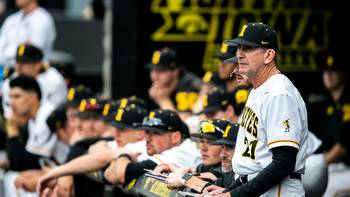Former Air Force Golf Coach Broke Sports Betting Rules, NCAA Says
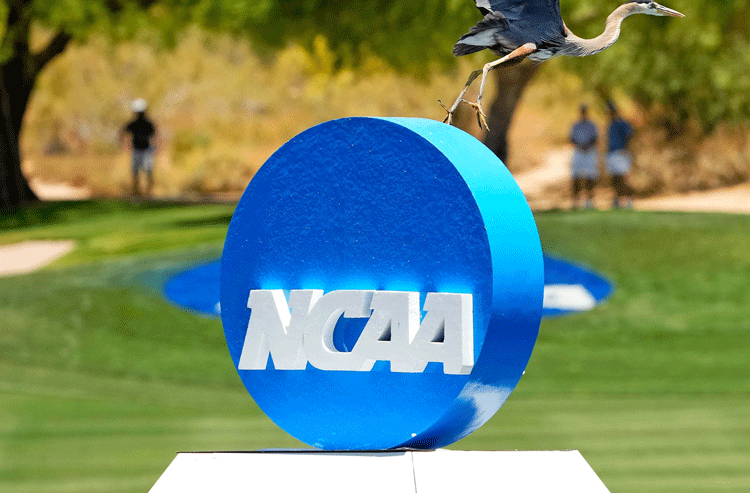
Thursday’s news is yet another gambling-related incident for the NCAA in a year full of them.
A former head coach of the Air Force men’s golf team broke NCAA rules by wagering on events played at the college level using an online sports betting site, the governing body says.
The Division I Committee on Infractions released a “negotiated resolution” on Thursday stating that the then-head golf coach at the service academy (who was not named in the report and is no longer employed there) placed 253 wagers totaling $9,259 on professional and college sports from September 29 through December 10 of 2020.
That wagering included six bets on games involving the Air Force football team, the agreement added. NCAA rules prohibit wagering on sports that the organization sponsors, and at any level.
According to a synopsis of the case, Air Force compliance staff were tipped off in February 2022 about the wagering by the coach's former girlfriend, whose ID was allegedly used to set up the sportsbook account. Air Force reported the information to the Colorado Division of Gaming, a regulator of legal sports betting, and NCAA enforcement staff.
“Because NCAA rules do not permit sports wagering, the head coach's conduct violated NCAA principles of honesty and sportsmanship,” the NCAA said in a press release on Thursday. “Furthermore, because of his personal involvement in the violations and his efforts to conceal behavior he knew was impermissible, he did not promote an atmosphere of compliance and thus violated NCAA head coach responsibility rules.”
Double non-secret probation
Air Force was also publicly dinged by the NCAA on Thursday for a recruiting violation in the men's ice hockey program. As a result, the academy received three additional years of probation (which is in addition to an earlier probationary term due to a previous infraction) and a $5,000 fine, among other things.
The former men's golf coach received a five-year "show-cause" order barring NCAA schools from employing them for "all athletically related activity" during that time unless the college can explain, or show cause, why that shouldn’t be the case.
“Then head golf coach violated head coach responsibility legislation when he knowingly participated in sports wagering activities,” the resolution adds. “Therefore, should then head golf coach become employed in an athletically related position at an NCAA member institution following the five-year show-cause period, then head golf coach shall be suspended from 50% of the men's golf regular season dates of competition in the first season following the show-cause order.”
Big problem on campus?
Thursday’s news is yet another gambling-related incident for the NCAA in a year full of them, such as controversies involving Alabama baseball and Iowa and Iowa State athletics. Sports betting is becoming more and more accessible to college-aged athletes, but those who dabble can find themselves in the crosshairs of gaming regulators and NCAA enforcement staff.
Again, though, Thursday’s news could be viewed as the system working once again. Alleged violations were reported through the proper channels, the watchdogs were alerted, and the process swung into action.
"The school, enforcement staff and former men's golf head coach agreed the violations occurred when the coach created an account for an online sports wagering program using his then girlfriend's identification information because he knew NCAA rules prohibited participating in wagering on sports (at any level) that the NCAA sponsors," the press release noted.
Still, it does appear that flags were raised even earlier.
“On October 23, 2020, the online sports wagering platform flagged the account and denied additional funding when then head golf coach attempted to add an additional funding source associated with a trust fund in his name,” the resolution notes. “When the existing funds in the online sports wagering account were depleted in mid-December 2020, the wagers ceased.”
Nevertheless, the NCAA is trying to wrap its arms around the gambling issue. The organization has modernized its disciplinary approach and is gathering intelligence to inform itself about the extent of the problem.
"Student-athletes are getting harassed by bettors, and billion-dollar ad campaigns are targeting young people across the country,” NCAA President Charlie Baker said in September. “We need all the help we can get, including from regulators and sportsbooks, to protect student-athletes and protect the integrity of the games.”

